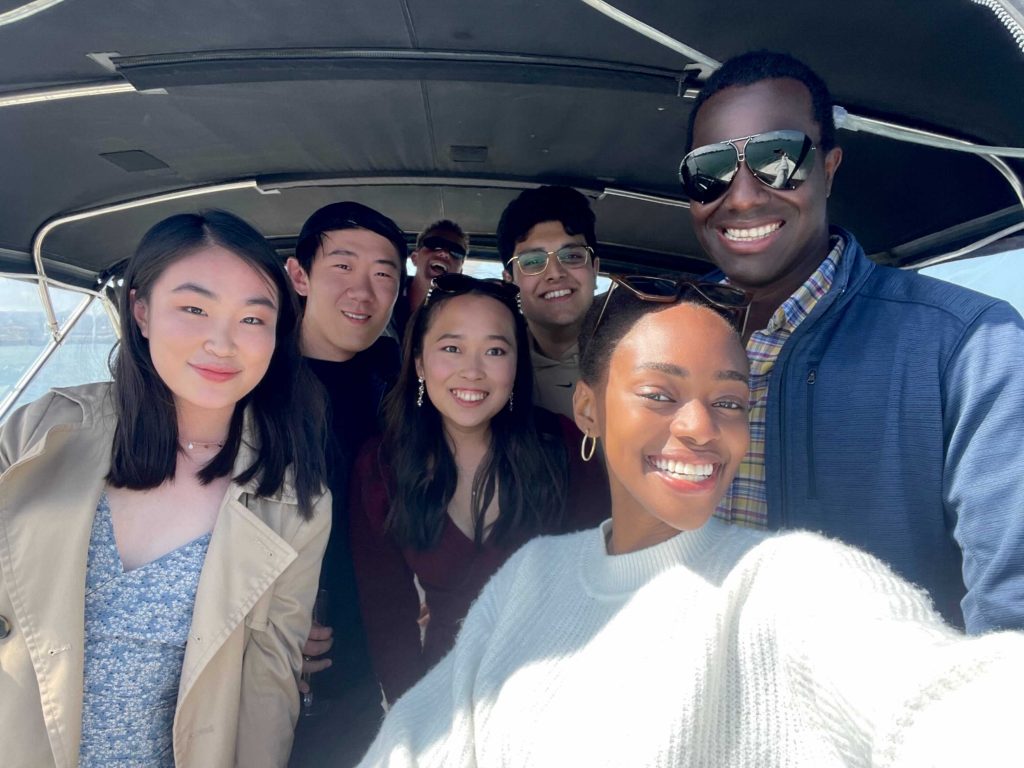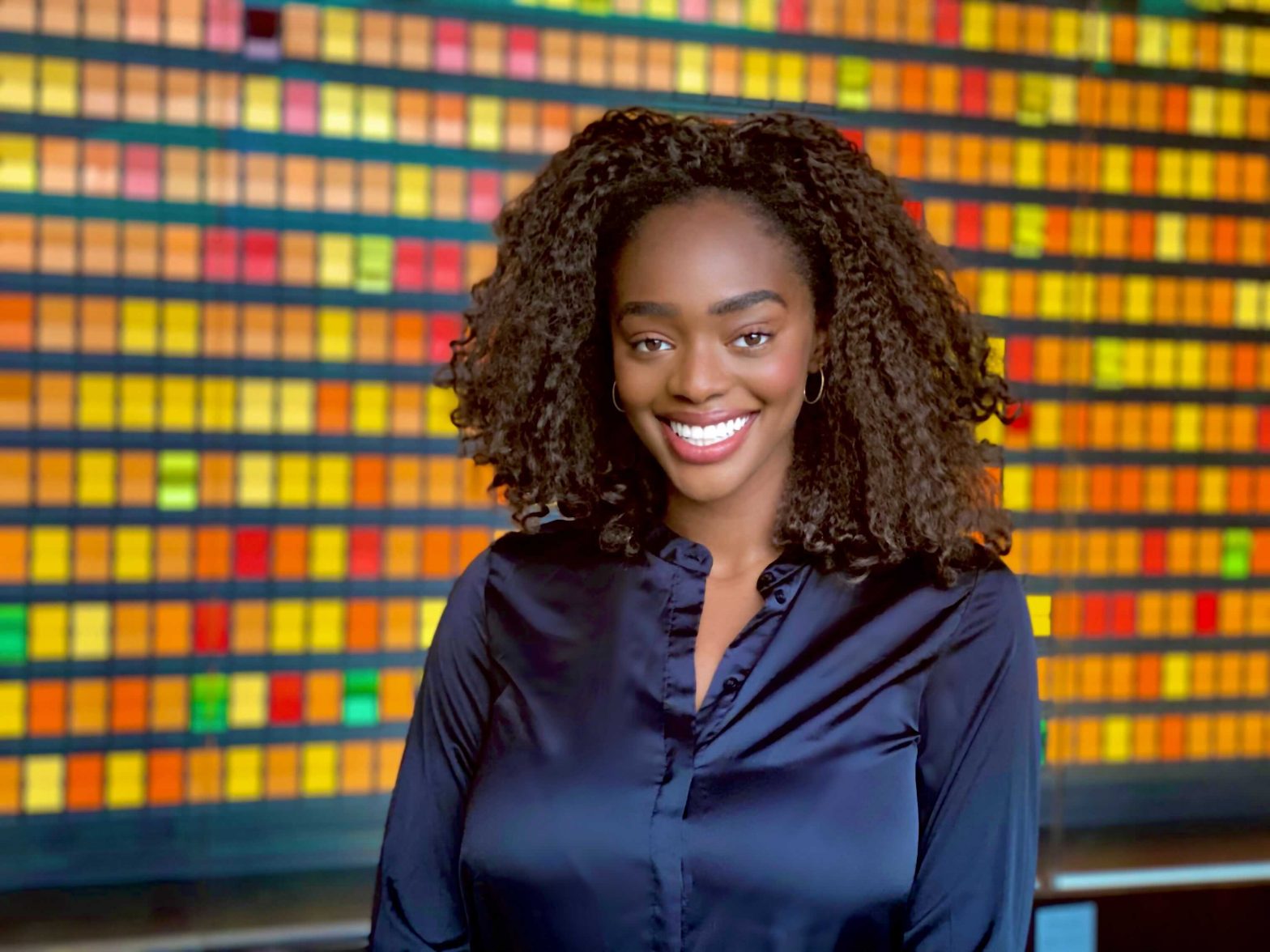Kimiloluwa Fafowora, an MBA student at Stanford University, heads the San Francisco investment team as a Managing Partner. After dozens of pitches and coffee chats, she’s distilled her top lessons to founders into the Q&A below, which has been edited lightly for clarity.
What do you look for in early stage student companies?
Pre-seed investing is all about the founder and the team because, at this point, you don’t have much data to rely on, and most of the time, you don’t have a product. When we’re evaluating an investment opportunity, we try to figure out whether it’s the right team to back.
One of the strongest signals we look for is what have the founders done with the limited resources they have? For example, we’ve consistently been most impressed by founders who conduct hundreds of interviews with prospective customers. This effort costs absolutely nothing but helps to uncover nuanced insights that allow founders to build a better solution for their customers. Hustle is crucial and we need to see a clear intent to build a solution that customers actually want.
Secondly, we get excited to back founders who have a unique insight into what they’re building. We ask ourselves does the founder have any working experience in this industry? Did they grow up in an environment that provides a unique connection to this problem? What is it about their background or experience that means they can build a solution better than the next person? A founder being able to prove that they know their industry inside and out tends to give us the confidence that they’ll be able to withstand the many hurdles that come with building a scalable business.
What deters you from moving a person past the coffee chat?
A lack of research & knowledge in the industry they’re building. If we as investment partners can name more competitors in your space that’s a massive red flag. Or, if we ask a straightforward question that a founder appears to never have thought through — we take it as a sign that that founder might not be ready yet. We need to see clear evidence that each founder that we back are willing, ready, and able to dedicate the next 10 years of their life to building the company their pitching.
How do you look at team structure?
On an individual level, we look for accomplished and resilient individuals. That’s not to say that we only back Olympic athletes, but we do care deeply about seeing excellence in specific domains of the founder’s life. That tends to be a proxy whether they’re able to overcome difficult circumstances and rise above dynamics.
For teams, we care a lot about understanding team dynamics. When 2-3 people are pitching, we pay attention to how the team presents and answers questions. What we’re looking to understand is which individuals manage specific domains within the company. Generally speaking, the point of having co-founders is to make sure all bases are covered, so it’s important for us to see evidence of reasonable delineations and healthy coworking relationships
Does a team need a technical co-founder?
I am strongly in the camp of you don’t need a technical co-founder. What’s important is that you have clearly done as much research as possible and that you have worked with your limited resources. You can use no-code tools like Webflow or Bubble to put together an MVP and send it out to people to get a sense of what they think about it.

Why did you join DRF?
One thing I really appreciate about DRF is exposure to really smart and talented people on other campuses. While Stanford is an amazing school, I knew coming in that I wanted to expand my network beyond this campus. And that’s exactly what DRF has done for me. Through DRF, I now have friends across amazing schools and if I ever decided to spend a weekend in another city, at the very least I would have several contacts. That’s something rare and hard to come by.
Secondly, I love that DRF leads with conviction. We don’t wait around until founders can find another lead investor. All we need is a pitch and evidence of work done so far to validate the market.
Lastly, DRF is also significantly more autonomous than other student funds. We do everything from sourcing to due diligence to investment committee to portfolio support. Relative to other student VC opportunities, being able to drive so many decisions is very unique to DRF.
Written by DRF head of content, Anne Wen. Reach her at annewen@dormroomfund.com. More updates on Twitter, Medium, and newsletter. Founders, apply for an investment from us. 🚀
